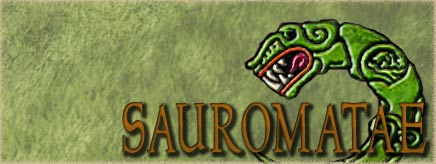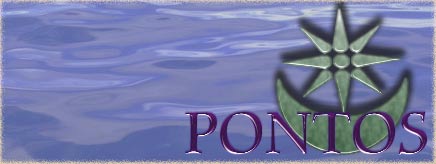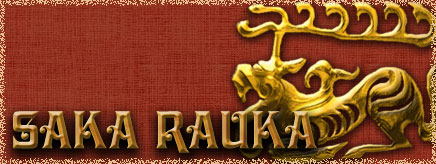
Originally Posted by
Geticus

I am not qualified to comment on similarities of ancient and modern Greek, but ancient Greek has many similarities to Latin. Dionysios of Halicarnassos, a Greek historian in the Julio-Claudian era, spent many years living in Italy researching the Roman world and he basically viewed Latin as a version of Greek with some incorrect pronunciation habits. I find this plausible since many words in the two languages are etymologically related, i.e. Latin vis (force) Greek bia (force), Latin animus (spirit) Greek anemos (wind), latin videre/video (see) Greek idein/oida (see). You just got to study the two in some detail to start noticing all the interrelations. Historically I am primarily a Latinist, but there is great irony in Roman history since 1) some of the best historians of Roman matters were Greeks writing in Greek, e.g. Dionysios of Halicarnassos, Plutarch, Polybios, and Procopios and 2) the Roman imperium ultimately collapsed in the west and was sustained by Greek speaking east Romans for another thousand years. So if you really want to study the Roman thing in depth you will end up reading a lot of Greek authors. To study Roman history only based on Latin authors is inferior, just compare Livy's history of the regal era and early Republic with Dionysios' history of the same-- Dionysios goes into greater depth and length and to my mind is the better historian overall.







 Reply With Quote
Reply With Quote




















Bookmarks